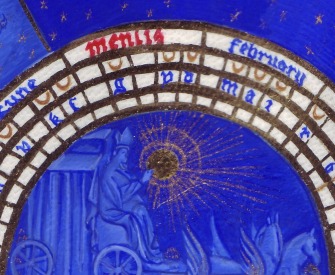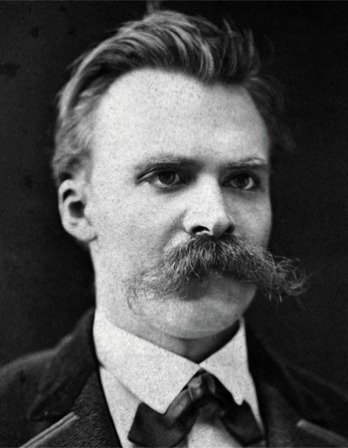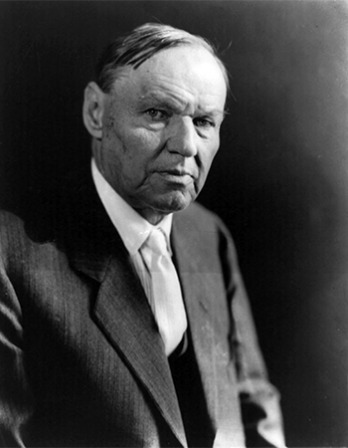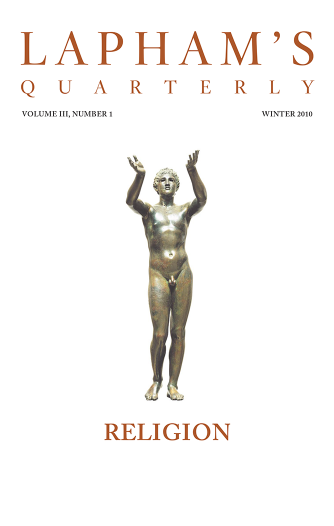All of the great musicians have borrowed from the songs of the common people.
—Antonín Dvořák, 1893The Thing Itself
The independence of music.
Music is entirely independent of the phenomenal world, ignores it altogether, could to a certain extent exist if there was no world at all, which cannot be said of the other arts.
Thus music is as direct an objectification and copy of the whole will as the world itself, whose multiplied manifestation constitutes the world of individual things. Music is therefore by no means like the other arts, the copy of platonic ideas, but the copy of the will itself. This is why the effect of music is so much more powerful and penetrating than that of the other arts, for they speak only of shadows, but music speaks of the thing itself.
I recognize in the deepest tones of harmony, in the bass, the lowest grades of the objectification of will, unorganized nature, the mass of the planet. Bass is in harmony what unorganized nature, the crudest mass, on which all rests, and from which everything originates and develops, is in the world. The definite intervals of the scale are parallel to the definite grades of the objectification of will, the definite species in nature. The departure from the arithmetical correctness of the intervals, through some temperament, or produced by the key selected, is analogous to the departure of the individual from the type of the species. In the melody, in the high, singing, principal voice leading the whole and progressing with unrestrained freedom, in the unbroken significant connection of one thought from beginning to end representing a whole, I recognize the highest grade of the objectification of will, the intellectual life and effort of man. It records the history of the intellectually enlightened will. This will expresses itself in the actual world as the series of its deeds; but melody says more, it records the most secret history of this intellectually enlightened will, pictures every excitement, every effort, every movement of it, all that which the reason collects under the wide and negative concept of feeling, and which it cannot apprehend further through its abstract concepts. Therefore it has always been said that music is the language of feeling and of passion, as words are the language of reason.

Tartar Officer with Blond Lady Playing Musical Instruments, Chinese silk album leaf, nineteenth century. © The Metropolitan Museum of Art, from the Collection of A.W. Bahr, Purchase, Fletcher Fund, 1947.
Melody expresses the multifarious efforts of will, but always its satisfaction also by the final return to a harmonious interval, and still more, to the keynote. The composition of melody, the disclosure in it of all the deepest secrets of human willing and feeling, is the work of genius, whose action, which is more apparent here than anywhere else, lies far from all reflection and conscious intention, and may be called an inspiration. The conception is here, as everywhere in art, unfruitful. The composer reveals the inner nature of the world, and expresses the deepest wisdom in a language that his reason does not understand, as a person under the influence of mesmerism tells things of which he has no conception when he awakes. Therefore in the composer, more than in any other artist, the man is entirely separated and distinct from the artist.
Music always expresses only the quintessence of life and its events, never these themselves, and therefore their differences do not always affect it. It is precisely this universality, which belongs exclusively to it, together with the greatest determinateness, that gives music the high worth which it has as the panacea for all our woes. Thus if music is too closely united to the words, and tries to form itself according to the events, it is striving to speak a language that is not its own. No one has kept so free from this mistake as Rossini; therefore his music speaks its own language so distinctly and purely that it requires no words, and produces its full effect when rendered by instruments alone.
Music, if regarded as an expression of the world, is in the highest degree a universal language, which is related indeed to the universality of concepts, much as they are related to the particular things. Its universality, however, is by no means that empty universality of abstraction but quite of a different kind, and is united with thorough and distinct definiteness. In this respect it resembles geometrical figures and numbers, which are the universal forms of all possible objects of experience and applicable to them all a priori, and yet are not abstract but perceptible and thoroughly determined. All possible efforts, excitements, and manifestations of will, all that goes on in the heart of man and that reason includes in the wide, negative concept of feeling, may be expressed by the infinite number of possible melodies, but always in the universal, in the mere form, without the material, always according to the thing-in-itself, not the phenomenon, the inmost soul, as it were, of the phenomenon, without the body. This deep relation that music has to the true nature of all things also explains the fact that suitable music played to any scene, action, event, or surrounding seems to disclose to us its most secret meaning, and appears as the most accurate and distinct commentary on it. This is so truly the case that whoever gives himself up entirely to the impression of a symphony seems to see all the possible events of life and the world take place in himself, yet if he reflects, he can find no likeness between the music and the things that passed before his mind. For, as we have said, music is distinguished from all the other arts by the fact that it is not a copy of the phenomenon, or more accurately, the adequate objectivity of will, but is the direct copy of the will itself, and therefore exhibits itself as the metaphysical to everything physical in the world, and as the thing-in-itself to every phenomenon. We might therefore just as well call the world embodied music as embodied will; and this is the reason why music makes every picture, and indeed every scene of real life and of the world, at once appear with higher significance, certainly all the more in proportion as its melody is analogous to the inner spirit of the given phenomenon. It rests on this that we are able to set a poem to music as a song, or a perceptible representation as a pantomime, or both as an opera.
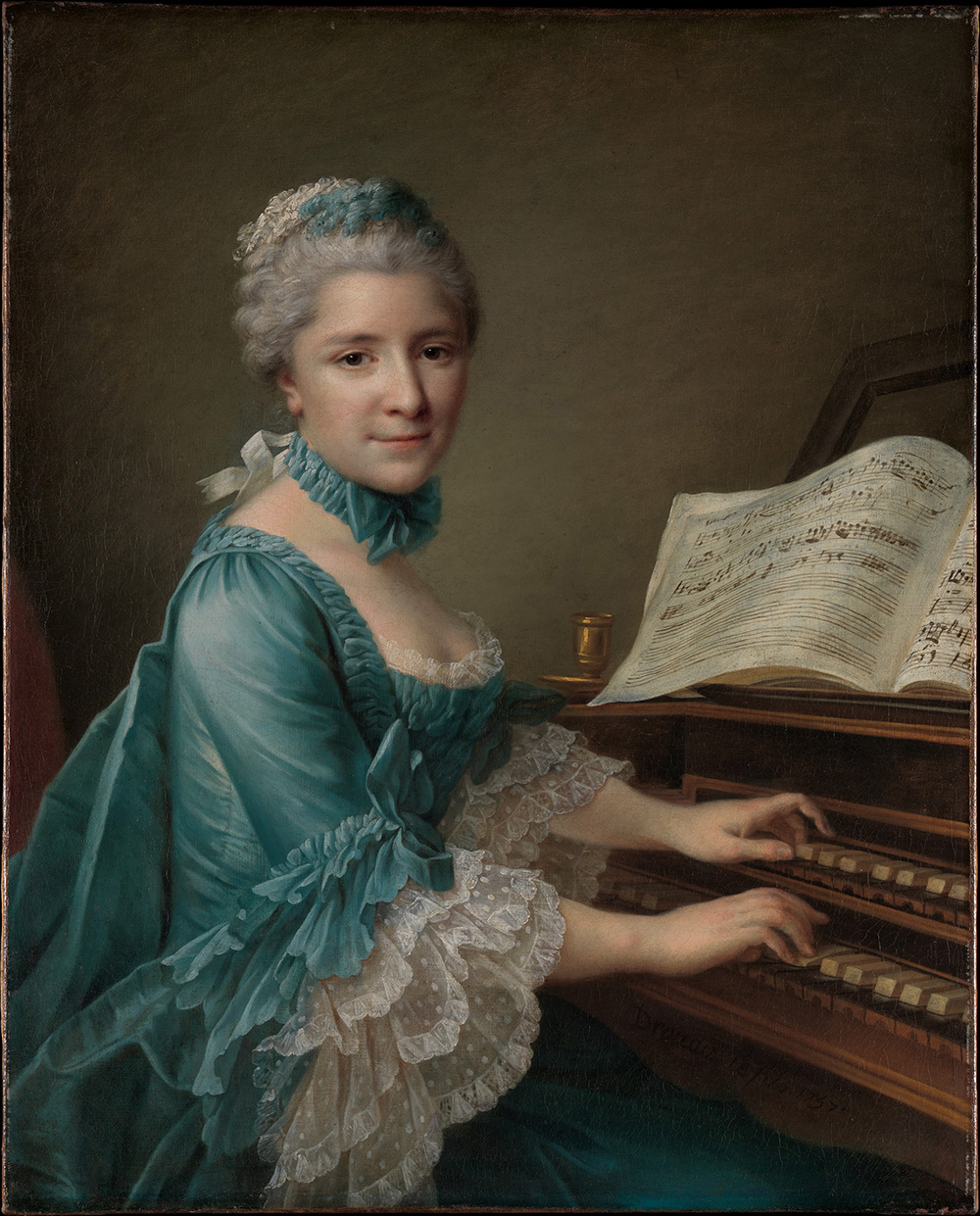
Portrait of a Woman, Said to Be Madame Charles Simon Favart, by François Hubert Drouais, 1757. © The Metropolitan Museum of Art, Mr. and Mrs. Isaac D. Fletcher Collection, Bequest of Isaac D. Fletcher, 1917.
The unutterable depth of all music by virtue of which it floats through our consciousness as the vision of a paradise firmly believed in yet ever distant from us, and by which also it is so fully understood and yet so inexplicable, rests on the fact that it restores to us all the emotions of our inmost nature, but entirely without reality and far removed from their pain. So also the seriousness that is essential to it, which excludes the absurd from its direct and peculiar province, is to be explained by the fact that its object is not the idea, with reference to which alone deception and absurdity are possible; but its object is directly the will, and this is essentially the most serious of all things, for it is that on which all depends. How rich in content and full of significance the language of music is, we see from the repetitions, as well as the da capo, the like of which would be unbearable in works composed in a language of words, but in music are very appropriate and beneficial, for in order to comprehend it fully, we must hear it twice.
Music, regarded apart from its aesthetic or inner significance, and looked at merely externally and purely empirically, is simply the means of comprehending directly and in the concrete large numbers and complex relations of numbers, which otherwise we could only know indirectly by fixing them in concepts.

Arthur Schopenhauer
From The World as Will and Representation. Every day, after three hours of writing, Schopenhauer would practice the flute for an hour in his Frankfurt apartment. In later years he almost exclusively played the works of Gioachino Rossini; it is said that when Schopenhauer spoke about the composer, he would roll his eyes up toward the heavens. Friedrich Nietzsche found this practice at odds with Schopenhauer’s philosophy. “One who denies God and the world but comes to a stop before morality—who affirms morality and plays the flute,” he wrote. “Is that really—a pessimist?”

